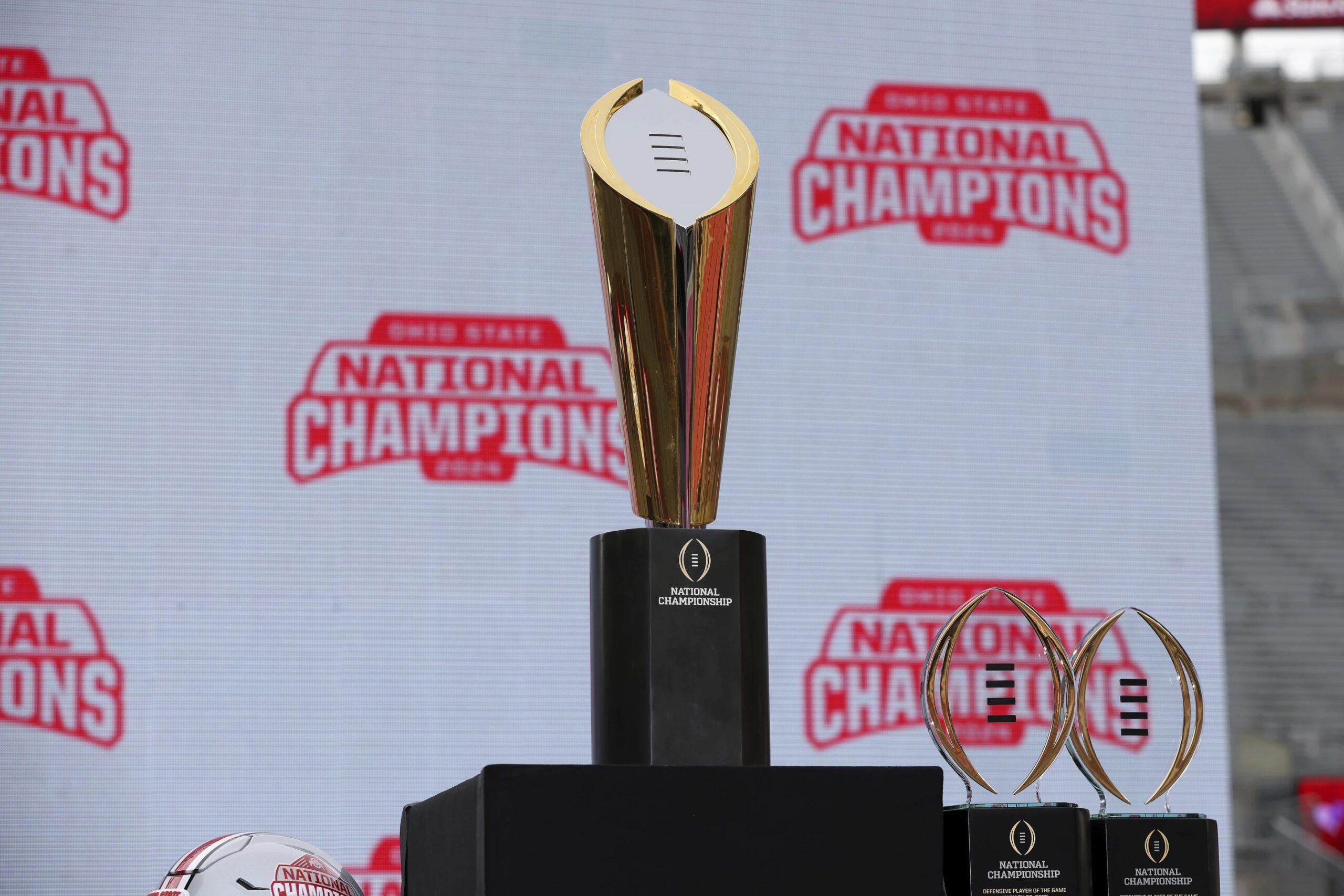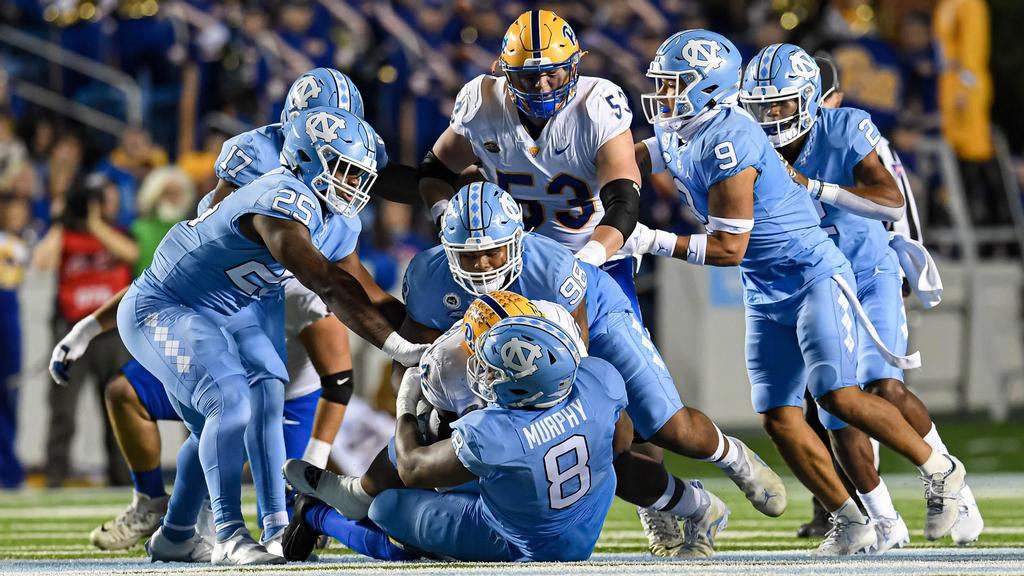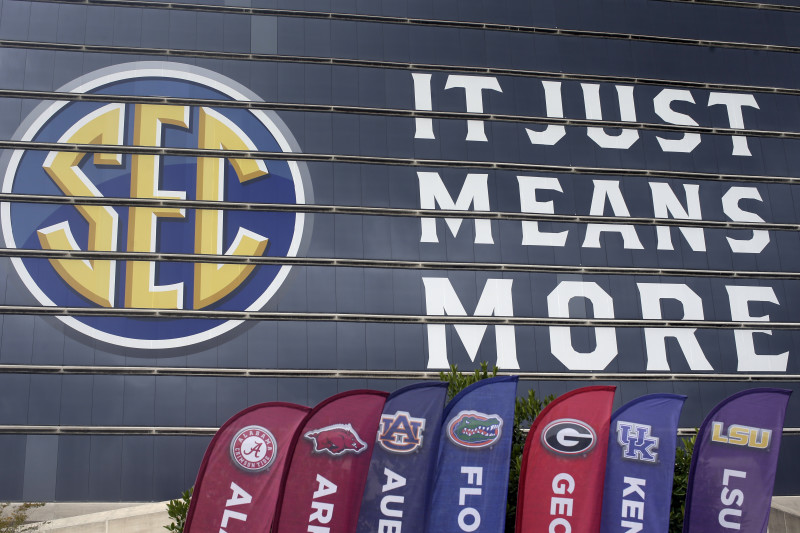The college football season will wrap up next week when Alabama and Clemson meet in Santa Clara to decide the national championship.
The two teams emerged victorious in the College Football Playoff semifinal matchups, with Alabama beating Oklahoma and Clemson defeating Notre Dame. This will be the fourth time in the past four years that the Crimson Tide and Tigers have met and the third match in the national championship.
Dr. Deborah Stroman joined The Aaron Keck Show last week to discuss the economic impact of the College Football Playoff, as well as the revenue that Clemson brings back to the ACC.
“I know some people in this area have come to hate Clemson,” Stroman said. “But they bring in six million dollars to the league.”
By making it into the playoffs, the four schools will receive six million dollars for their conference. Notre Dame, however, is unique in the fact that it does not belong to a conference, thus allowing them to pocket all the money.
Bowl season is about generating money for teams, conferences and those individuals in charge of the particular bowl games. In some cases, the compensation for hosting an annual bowl game can be quite lucrative. For example, Orange Bowl executive director Eric Poms will make $1.2 million for his efforts in organizing the December 29 bowl game.
On the surface, bowl season also exists to drive revenue to the communities in which the games are taking place. But, as Stroman pointed out, the money that gets back into the community is minuscule as compared to the revenue that the bowl brings in itself.
“There’s a lot of money that’s made by the bowls and then they give a gift back to the community,” Stroman said. “Whether that might be helping to build something or to help a really depressed area.
“It’s all these things that are said that the bowl is going to do, but when you get behind the curtain, you find that it’s actually not happening.”
For as much money that is being thrown around during the bowl season, the players themselves are a group that will not see any share of the revenue.
As such, more and more players are beginning to sit out of bowl games. It is a process kickstarted by former Notre Dame linebacker Jaylon Smith, who suffered a severe knee injury in the 2015 Peach Bowl, a non-playoff game. Smith tore both his ACL and LCL and went from a projected first-round draft pick to a second round pick by the Dallas Cowboys.
This year, notable players such as West Virginia quarterback Will Grier, Georgia cornerback DeAndre Baker and Stanford running back Bryce Love have elected to sit out their bowl games as they prepare for the NFL Draft.
Stroman says that, for some of these players, the benefits of playing in a bowl game are far outweighed by the possible future income from the NFL.
“You’ll get a new smart phone, you might get a sweatsuit, some really cool technology and your gift bag when you play in the bowl. Well, when you’re talking about signing bonuses of anywhere from a $600,000 to five million dollars that’s really laughable.”
Featured image by Jamie Squire/Getty Images
Listen to the complete interview with Dr. Deborah Stroman on The Aaron Keck Show:








